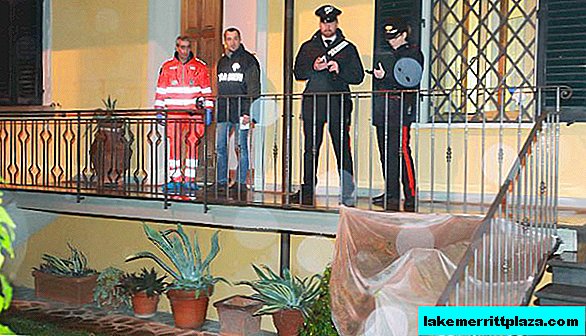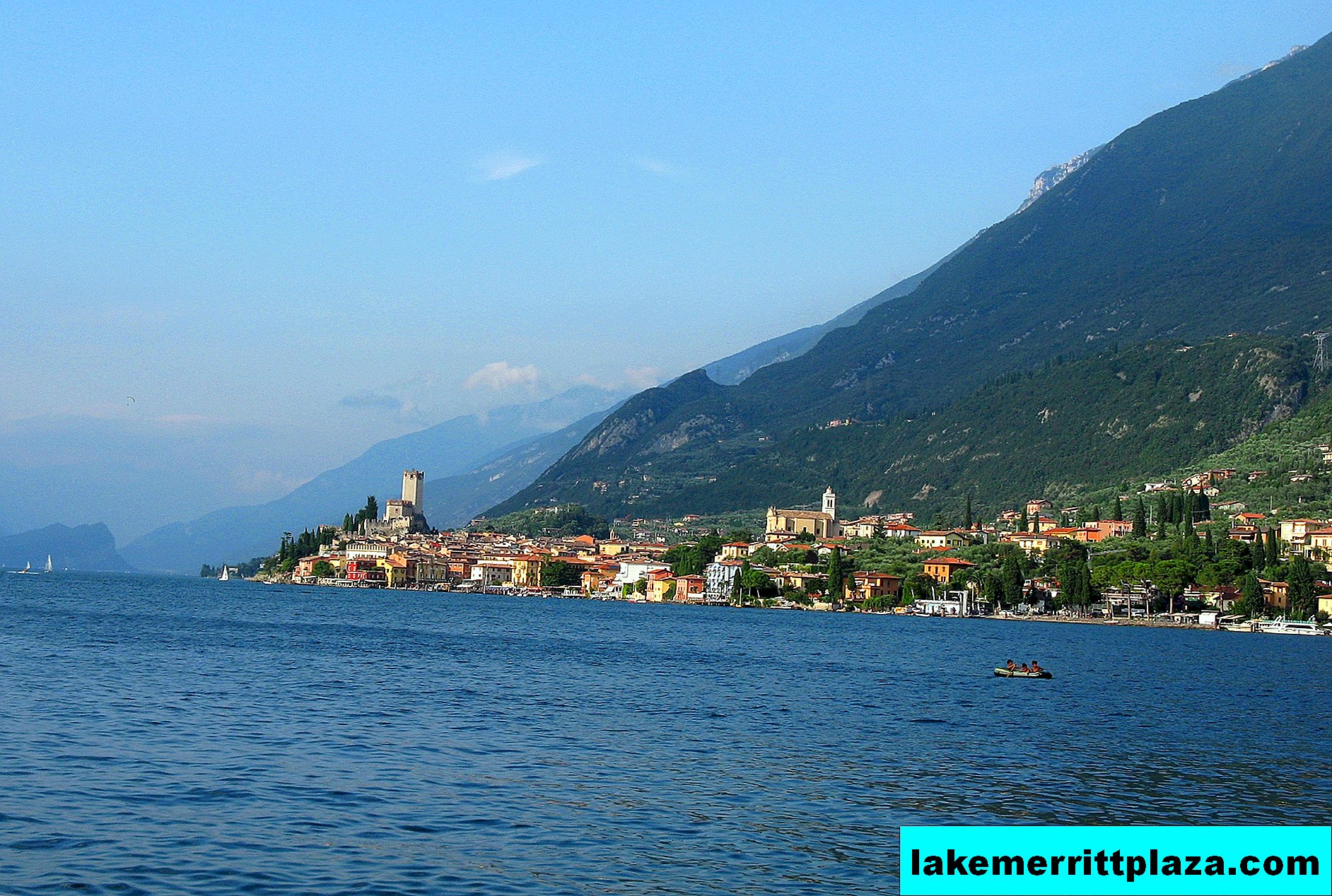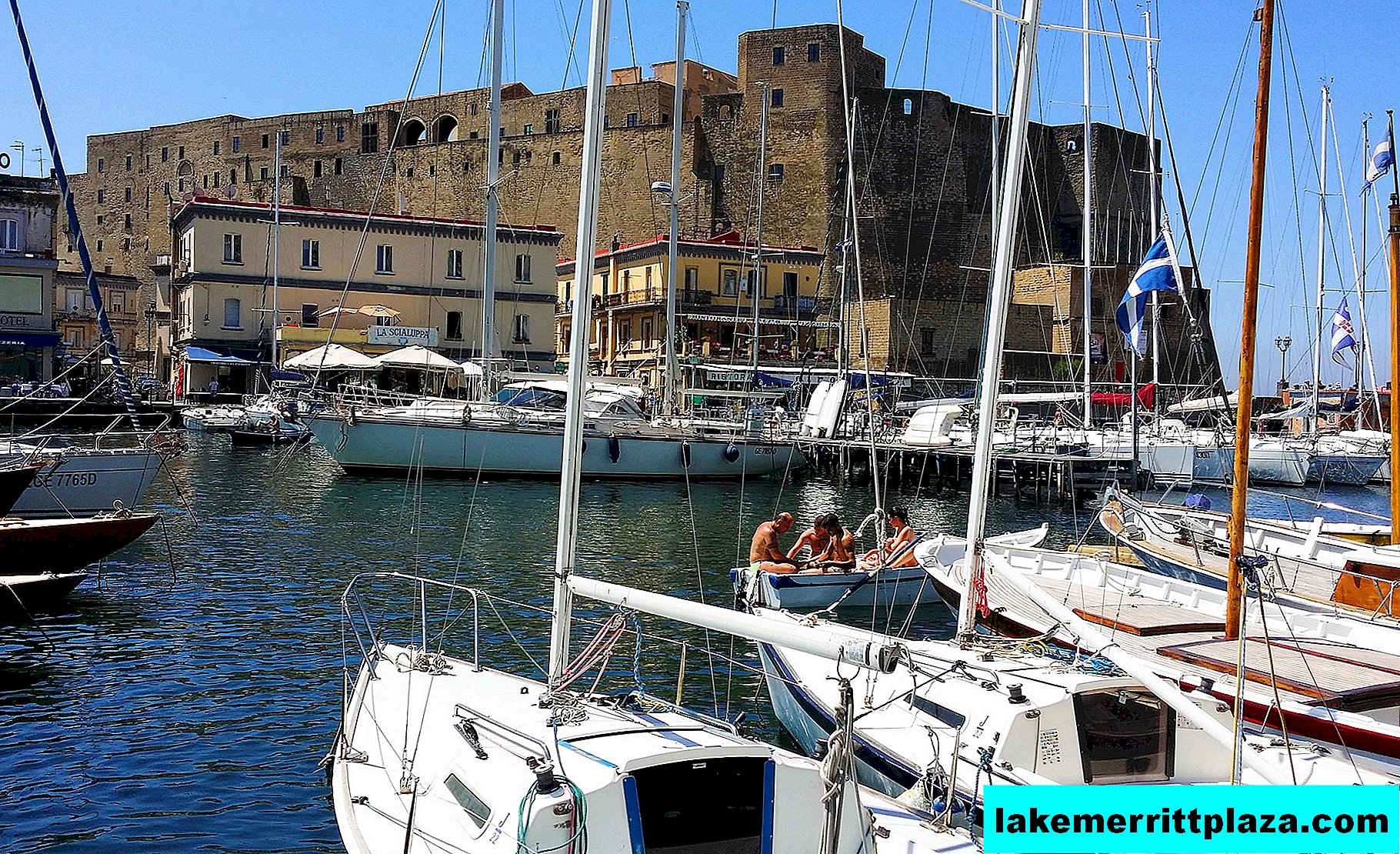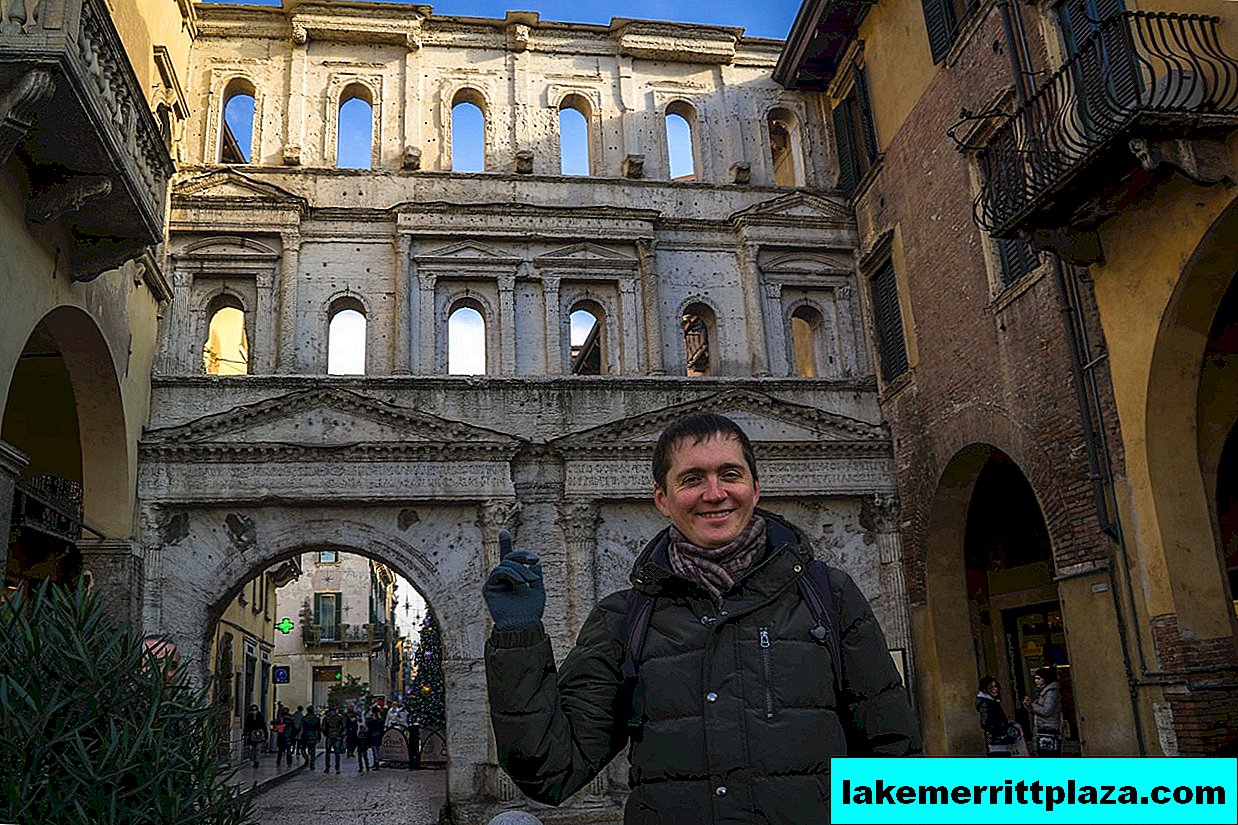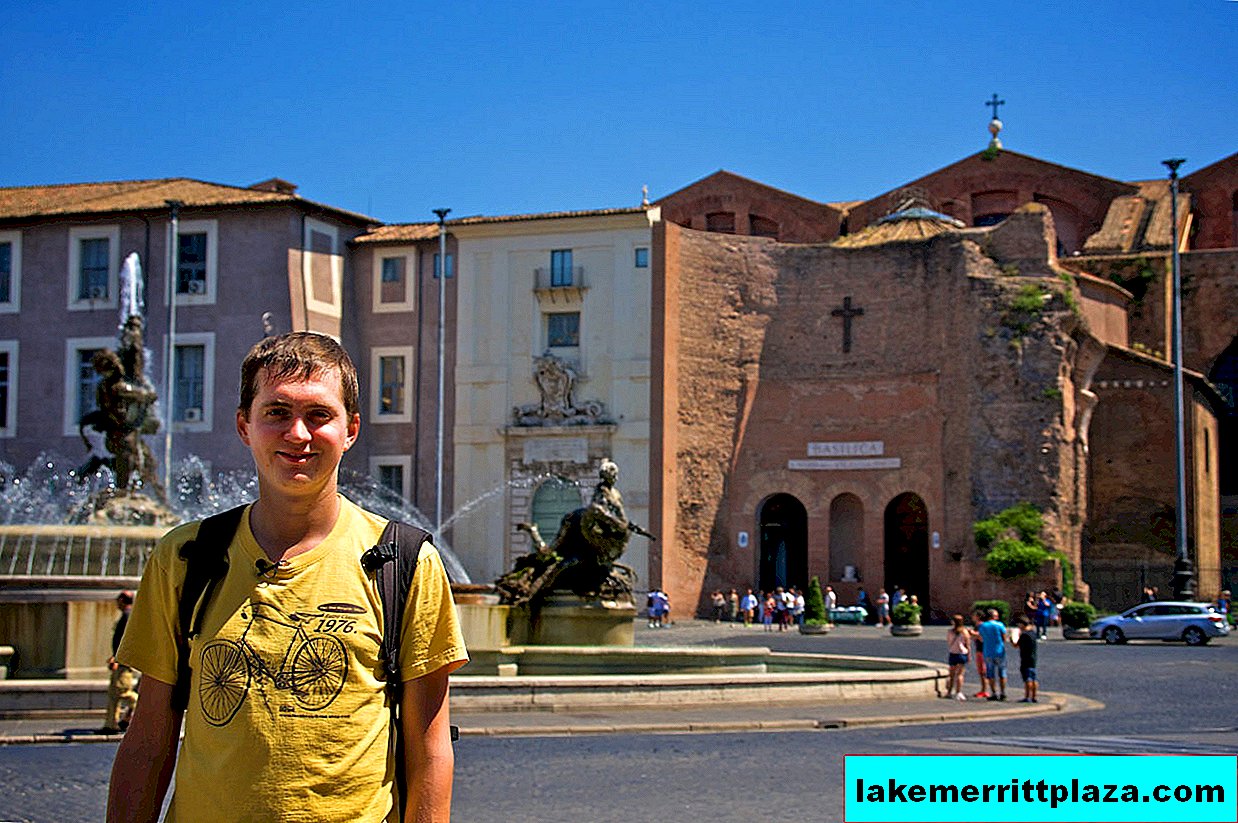In the Maxim Gorky Theater, in fact, almost nothing was left of the Russian name in the title. They play here mainly modern plays by German authors.
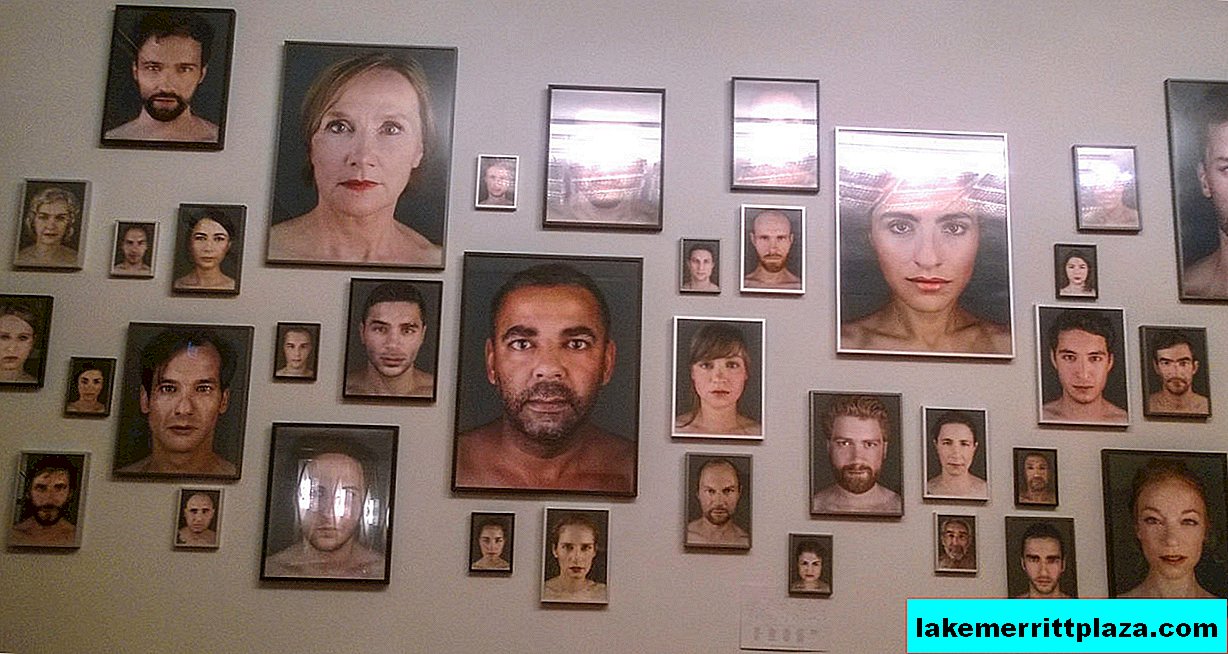
Maxim Gorki Theater, photo by Michael Fötsch
The Maxim Gorky Theater in Berlin (Maxim-Gorki-Theater) - one of the leading stage venues in Germany today opens to the viewer in a new perspective. They put bold experiments here and are not afraid to ask direct questions. The Gorky Theater surprised the whole world by staging the play on the social network Facebook.
Journey to the past
These stages survived all historical storms along with East Berlin. The Gorky Theater 60 years ago was considered a worthy “product” of the political ideology of the GDR. It was conceived as the opposite of the Bertold Brecht Theater. The opening took place in 1952, it was marked by the premiere of the Soviet play "For Those at Sea" directed by Maxim Valentin.

Posters by Michael Fötsch
In the early years, only plays by Soviet and Russian classical authors were performed on this stage. After Stalin's death - during the period of debunking the "personality cult" - the repertoire changed. It appeared productions of the works of German playwrights. Viewers could appreciate the plays of Heiner Muller, Alfred Matush - authors raising acute problems. These were the first changes in the theater.
2012 was marked by a fundamentally new phenomenon in the life of the theater. The performance was staged on a virtual stage. On the Facebook network several days before the premiere, the characters of the new play "Effie Brist" by Theodore Fontana appeared. On their behalf posts, statuses, photos were placed. In addition to the director, the project had a moderator. The author of the idea was the artistic director of the theater - Armin Petras. The project attracted 1200 viewers. They could participate in the creative process, give advice, even choose the dress of the main character.
Repertoire

Photo artists, photo Fridolin freudenfett
A number of social problems arise on the stage. “The battlefield with yourself ...” - this is how the creative team characterizes its updated concept. Topics of civil protests and unrest, problems of confrontation between a loner and a crowd are revealed in the troupe's works. The viewer saw a new reading of Schiller's "Robbers" directed by Anto Romero Nunes; "Enemy of the People" Ibsen, posed by Jorinde Droze.
Not only theatrical performances can be seen on this stage. The Maxim Gorky Theater hosts lectures by professors from the famous Charite Clinic. This tradition is not new - in the walls of the Berlin Vocal Academy, Alexander von Humboldt once lectured to the townspeople about space.
Theater building



The building of the theater looks like a Greco-Roman temple. It was built by order of the Vocal Academy (Sing-Akademie), founded in 1791. In 1825-1827. a concert hall and a training building were built. The construction was led by Karl Theodor Ottmer. In his work, he used the plans of the architect Karl Friedrich Schinkel.
The theater building is designed in the style of classicism. This is a rectangular building with a facade, which is divided into 3 parts and is framed by a beam with a tympanum. During World War II, the building was badly damaged. The facade was later reconstructed according to original plans.
Before the war, a concert hall was located here, after - the theater hall of the House of Culture of the USSR. Gorky Theater after the opening became the smallest Berlin State Theater. It accommodates 440 people.
How to get there
Take the U6 line underground to the Friedrichstraße station;
local train S1, S2, S3, S5, S7, S25, S75 to the station Berlin Friedrichstr;
by tram 12, М1 to the stop Am Kupfergraben.
How do I save on hotels?
Everything is very simple - look not only at the booking. I prefer the search engine RoomGuru. He is looking for discounts at the same time on Booking and on 70 other booking sites.

